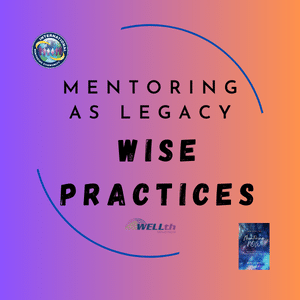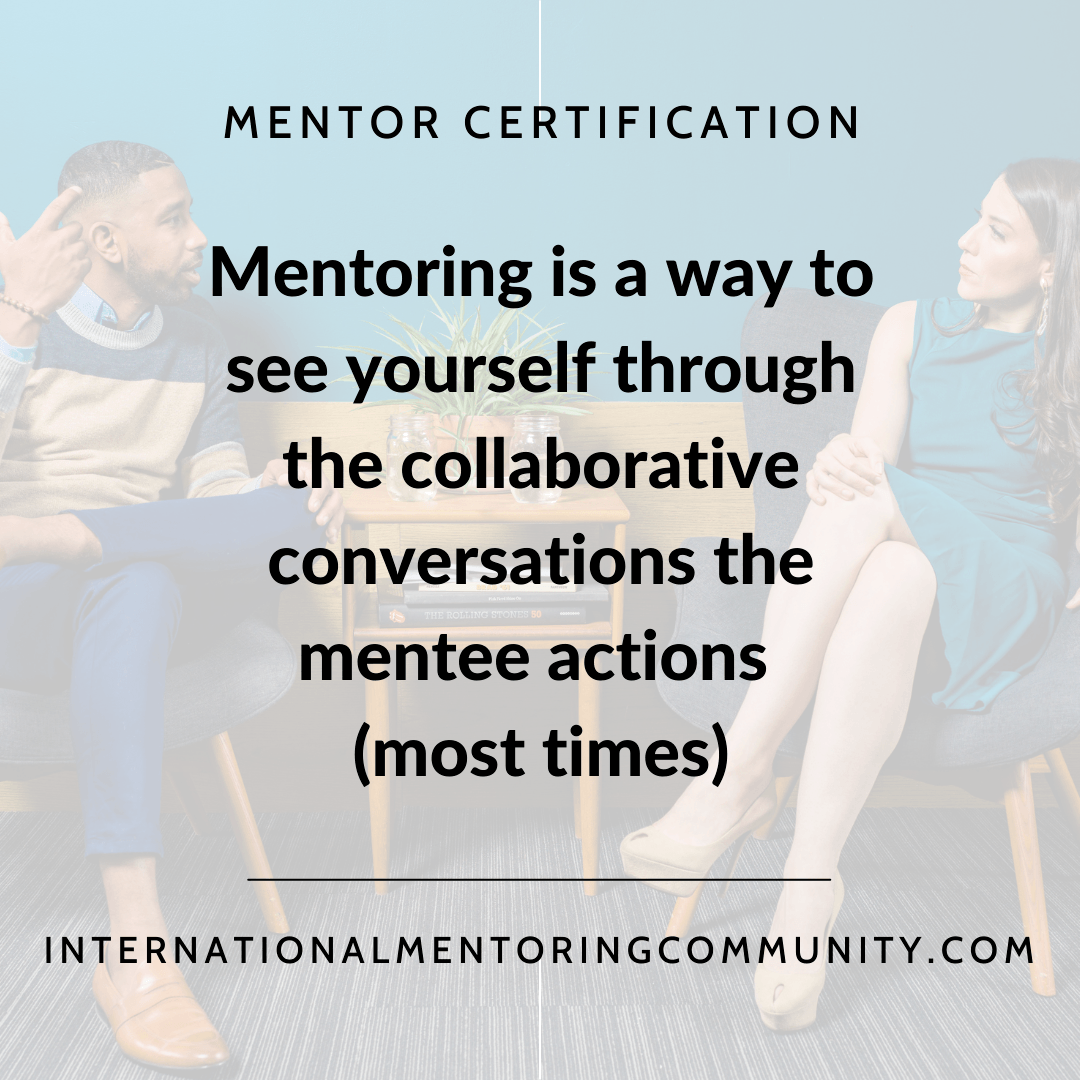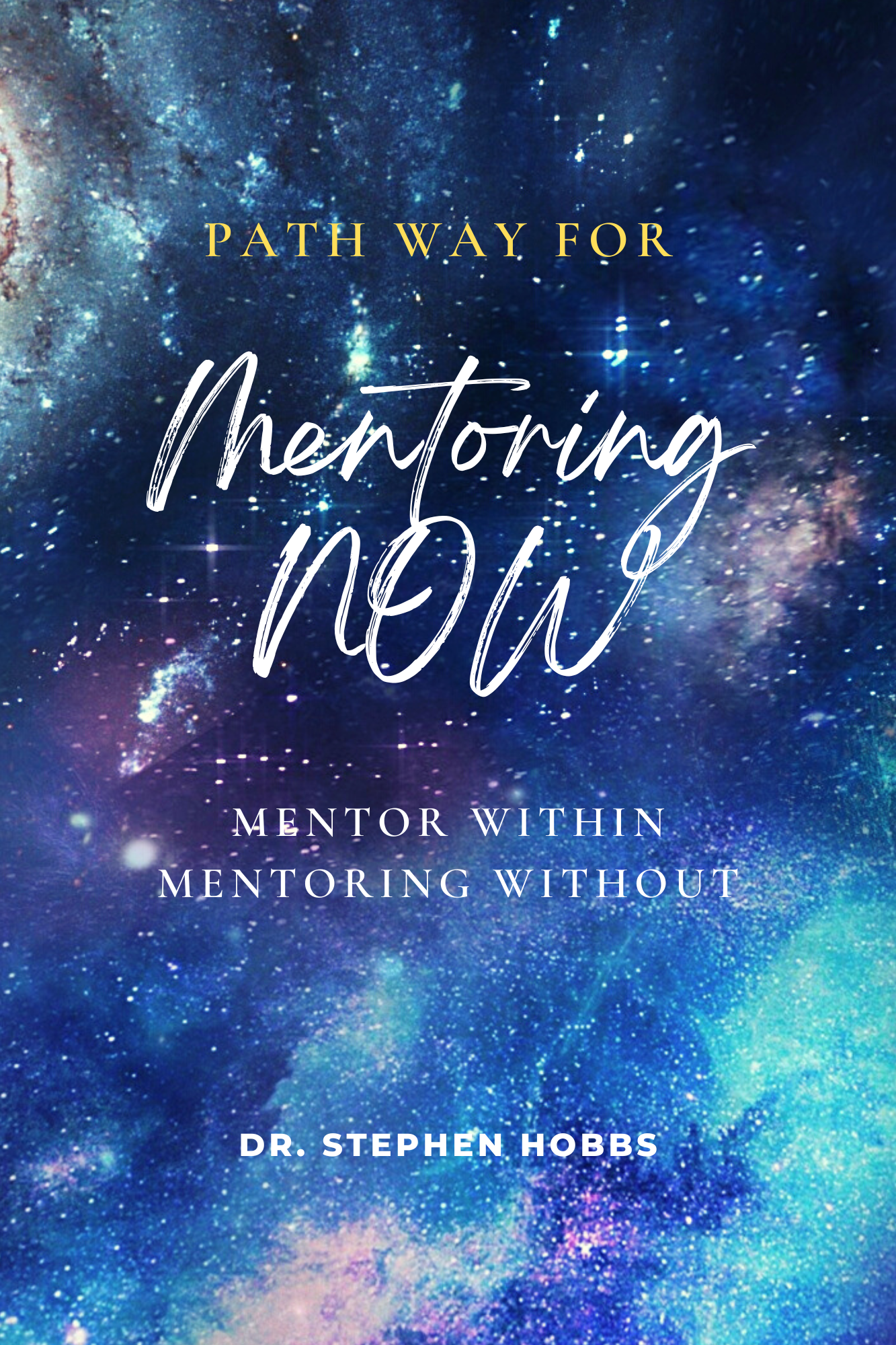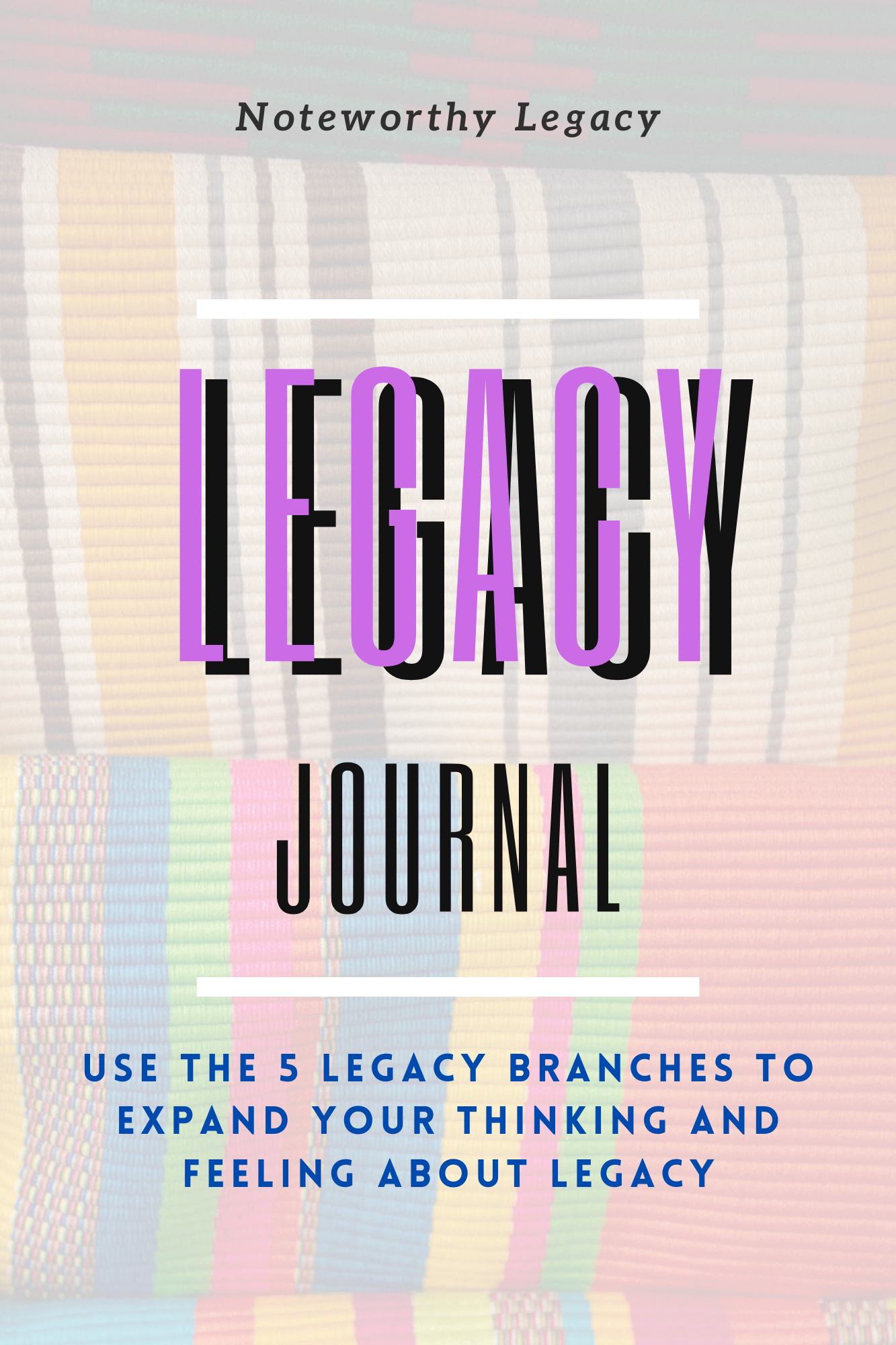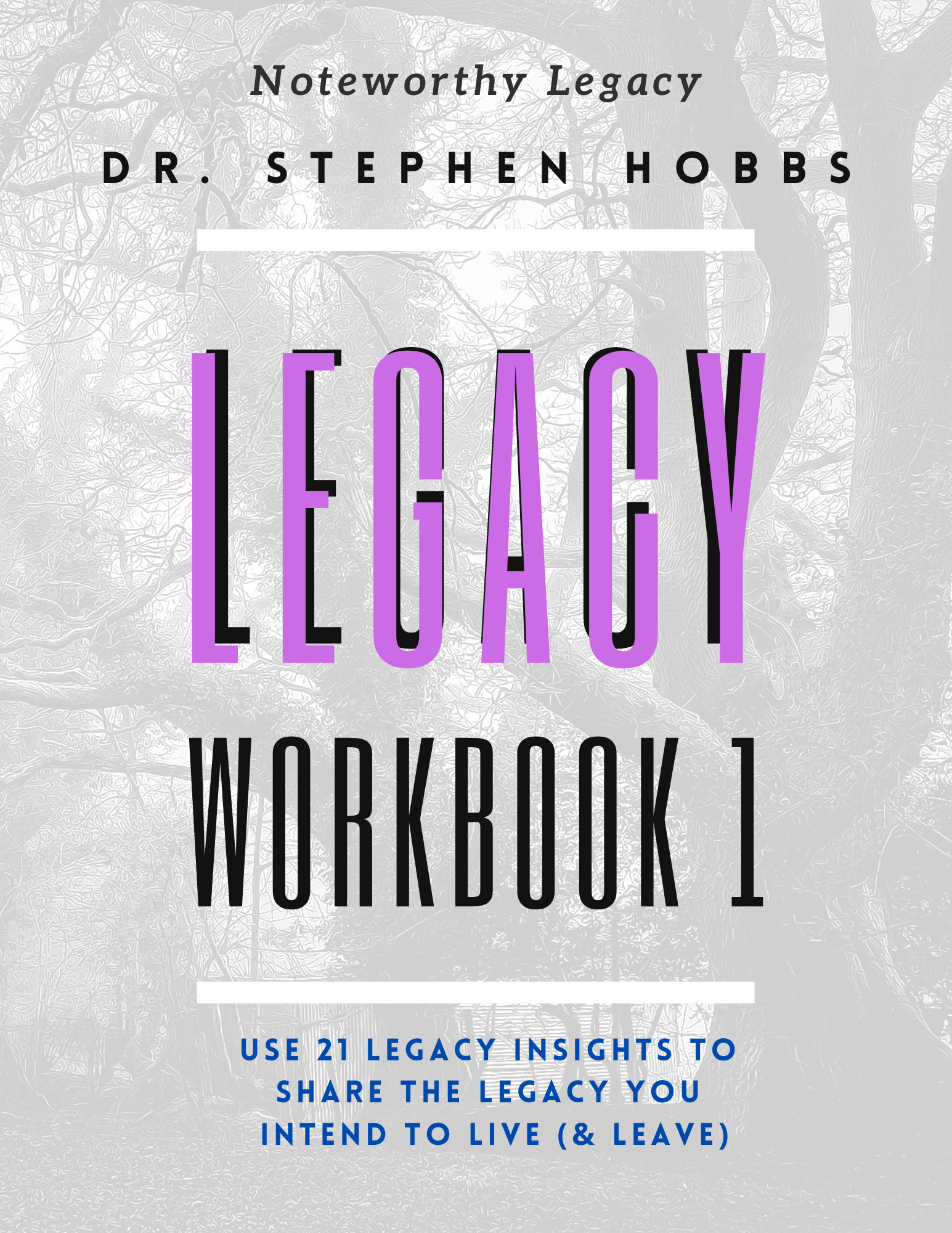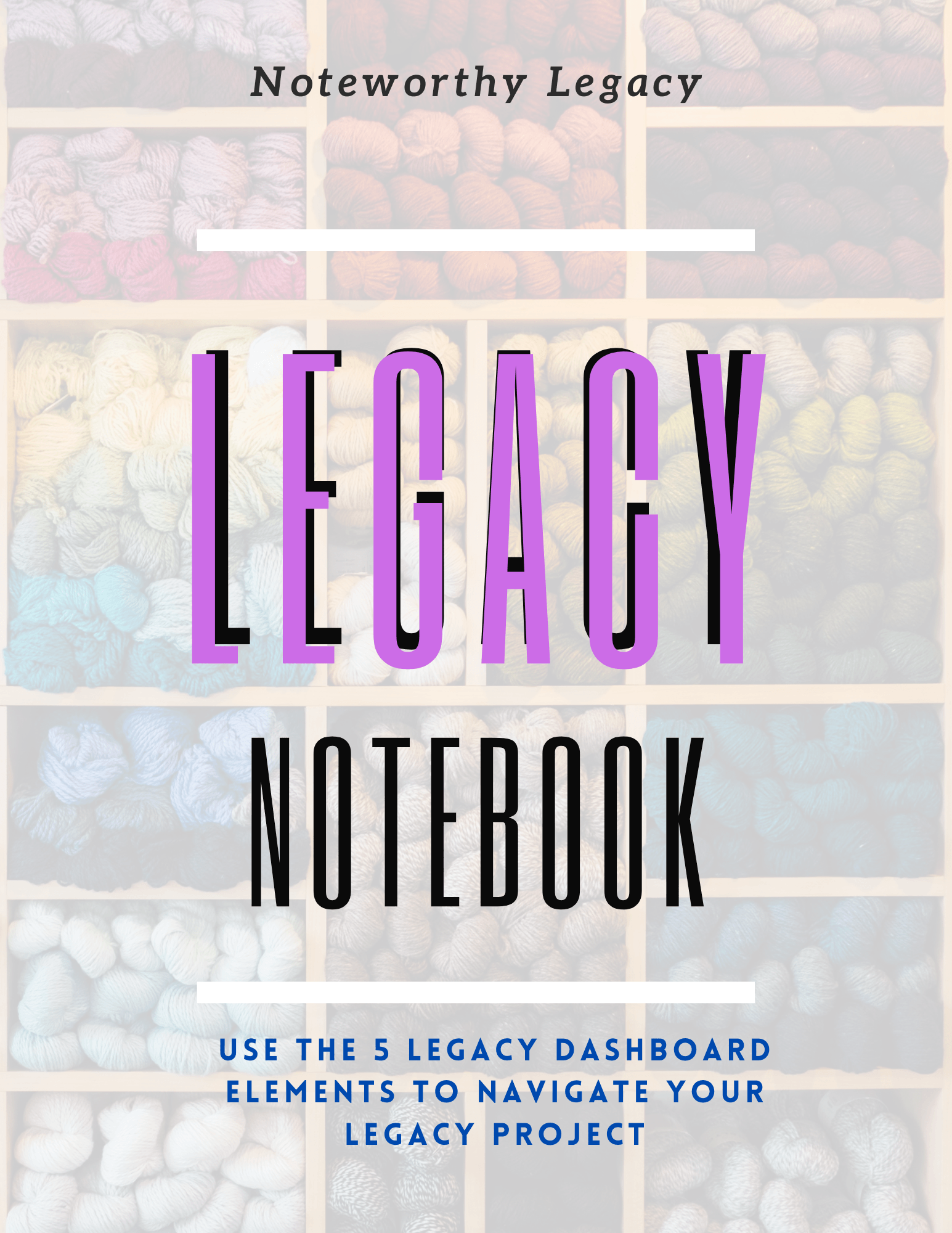Audience: Olders to Elders - SoloAgers
- Empty Nesters - Continuing Educators
- Professionals - Retired Creators
- Grandparents - Younger-Older-Mentors
- and YOU!
Evolve Your Wise Practice Approach to Discharge These 7 Beginner Mentoring Mistakes
Moving into your journey of mentoring is a noble and rewarding endeavor. And it comes with its challenges.
For beginner (and newish) mentors, these challenges are worrisome when approached without a structured “wise practice” mentoring approach. A wise practice approach evolves from adepting (adopting and adapting) best practices. Most practices shared by others require edits (add, alter, delete) for your use.
Moving In:
For this article, we review seven common mistakes that new mentors often make while they create their wise practices mentoring approach. By understanding these pitfalls, and reframing/revamping them as action-outcomes, new mentors can navigate the mentoring terrain more effectively and create meaningful, impactful relationships with their mentees.
Lack of Goal Clarity:
When diving into mentoring without a clear set of goals, without a defined direction, the mentoring relationship may lack focus, hindering both the mentor's and mentee's progress.
A mentoring approach emphasizes goal setting, ensuring alignment of all parties in their objectives and they have a roadmap for achieving success.
Insufficient Relationship Building:
Building a strong mentor-mentee relationship is the cornerstone of effective mentoring. Beginners may overlook the importance of investing time in getting to know their mentees on a personal level.
A mentoring approach emphasizes relationship building, fostering trust and rapport that lays the foundation for collaborative conversations and mutual growth.
Neglecting Individualized Approaches:
Every mentee is unique, with distinct strengths, weaknesses, and learning styles. It’s easy to fall into the trap of applying a one-size-fits-all approach.
A mentoring approach encourages mentors to tailor their guidance based on the individual needs and preferences of each mentee, maximizing the impact of the mentorship.
Failure to Foster Independence:
Often, new mentors make the mistake of providing solutions instead of empowering mentees to find their own answers, which is an error for both of you.
A mentoring approach emphasizes fostering independence, guiding mentees to develop critical thinking and problem, appreciative, and humble inquiry skills essential for personal and professional growth.
Inadequate Collaborative Conversation:
Effective communication is at the heart of successful mentoring relationships. Without a structured approach, new mentors may struggle with “when you listen–you learn, where you share–you educate” gaps that result in misunderstandings or unclear expectations.
A mentoring approach emphasizes regular, open, and honest dialogue, ensuring that both agree throughout the mentoring journey.
Ignoring Feed-Forward Loops:
Feed-forward is a dynamic tool/technique for growth, yet new mentors may neglect incorporating feed-forward loops into their mentoring relationships.
A mentoring approach encourages mentors to seek feed-forward from and share feed-forward with mentees, creating a continuous loop of improvement and refinement.
Overlooking Continuous Learning:
Mentoring is an energetic (and spirited) system/process that requires ongoing learning for knowing for doing. Focusing on sharing existing concepts and practices may get you started. However, updates – up levels – upgrades follow according to the shared terms of the mentee and mentor.
A mentoring approach underscores the importance of continuous learning (improvement), encouraging mentors to stay informed about unfolding trends, new methodologies, and experimental practices.
Moving Forward:
By embracing a structured approach (while editing best practices into wise practices), mentors can unlock the true potential of the mentoring relationship.
From the mistakes come action-outcomes to craft your mentoring approach. The following checklist is a rewrite of the mistakes as action-outcome statements.
Complete the CheckList assessment before reviewing suggested responses. Doing so, you develop your wise practice approach to mentoring.
Category 1-7
_1_ For Goal Clarity
_2_ For Building Relationship
_3_ For Individual Approaches
_4_ For Independence
_5_ For Collaborative Conversation
_6_ For Feed-Forward
_7_ For Continuous Learning
In the open box to the left of the statement,
enter the Category Number or numbers for each statement.
Category 1-7 | Statement |
Tackle challenges independently by the conclusion of the mentoring program. | |
Solicit feed-forward from mentees on the effectiveness of your mentoring approach. | |
Seek resources to stay updated on current trends and best practices. | |
Schedule a regular time for professional development. | |
Schedule regular check-in meetings to build trust and open communication. | |
Schedule check-ins to assess progress towards the goals for adjustments and/or celebration | |
Record the agreed-upon goals in a shared document (physical or digital) for transparency and accountability. | |
Pay close attention to the mentee's verbal and nonverbal cues, acknowledge their thoughts and feelings, and paraphrase key points for clarity. | |
Integrate mentee feed-forward into your mentoring style to better support their growth. | |
Identify at least one action they will take independently to address a challenge or goal. | |
Establish a consistent meeting schedule (weekly, bi-weekly, monthly). | |
Establish a comfortable environment where both you and your mentee feel empowered to provide constructive feed-forward. | |
Engage in open discussions with your mentee about emerging trends and challenges. | |
Develop a personalized development plan for each mentee that reflects their unique needs and learning style. | |
Develop a goal-setting approach using models like SMART and PACT | |
Demonstrate genuine interest in your mentee's personal and professional aspirations. | |
Craft questions that encourage mentees to elaborate, share challenges, and articulate their needs | |
Conduct an initial needs assessment with each mentee to understand their goals, strengths, weaknesses, and preferred learning styles. | |
Conduct an initial meeting to discuss mentee's goals and expectations. | |
Analyze a problem and propose potential solutions during discussions. | |
Adjust the mentoring approach based on the mentee's progress and feed-forward. |
Complete the activity above
...before checking the original assignment of Category Number to Statement
However, because of your assessment,
you may edit (add, alter, delete) this checklist
as your wise practice checklist.
For Goal Clarity
__Develop a goal-setting approach using models like SMART and PACT
__Record the agreed-upon goals in a shared document (physical or digital) for transparency and accountability.
__Schedule check-ins to assess progress towards the goals for adjustments and/or celebration
For Building Relationship
__Conduct an initial meeting to discuss mentee's goals and expectations.
__Schedule regular check-in meetings to build trust and open communication.
__Demonstrate genuine interest in your mentee's personal and professional aspirations.
For Individual Approaches
__Conduct an initial needs assessment with each mentee to understand their goals, strengths, weaknesses, and preferred learning styles.
__Develop a personalized development plan for each mentee that reflects their unique needs and learning style.
__Adjust the mentoring approach based on the mentee's progress and feed-forward.
For Independence
__Identify at least one action they will take independently to address a challenge or goal.
__Analyze a problem and propose potential solutions during discussions.
__Tackle challenges independently by the conclusion of the mentoring program.
For Collaborative Conversations
__Establish a consistent meeting schedule (weekly, bi-weekly, monthly).
__Craft questions that encourage mentees to elaborate, share challenges, and articulate their needs (e.g., "What specific roadblocks are you facing?" or "How can I best support you in achieving this goal?").
__Pay close attention to the mentee's verbal and nonverbal cues, acknowledge their thoughts and feelings, and paraphrase key points for clarity.
For Feed-Forward
__Solicit feed-forward from mentees on the effectiveness of your mentoring approach.
__Integrate mentee feed-forward into your mentoring style to better support their growth.
__Establish a comfortable environment where both you and your mentee feel empowered to provide constructive feed-forward.
For Continuous Learning
__Schedule a regular time for professional development.
__Seek resources to stay updated on current trends and best practices.
__Engage in open discussions with your mentee about emerging trends and challenges.
Please use this Form to ask questions - share a comment - pass along a funny.
We will not add your email to a List. We will use your email for communication linked to this Post!
Start today, and transform your Next Fifty into a period of unparalleled growth, relevance, and legacy by mentoring wholehearted arrangements and collaborative connections.
For a deeper dive and more resources on creating a lasting legacy with mentoring, gaining perspective through weaving together experience and education, visit...
Website - front page outlines Legacy Mastery and Mentoring NOW courses
Website Blog - read articles of topics linked with legacy with mentoring
Website store - access books using various delivery platforms - see covers beside//below this article
Audience: Olders to Elders - SoloAgers - Empty Nesters - Continuing Educators - Professionals -
Audience: Olders to Elders - SoloAgers - Empty Nesters - Continuing Educators - Professionals -
Audience: Olders to Elders - SoloAgers - Empty Nesters - Continuing Educators - Professionals -
Audience: Olders to Elders - SoloAgers - Empty Nesters - Continuing Educators - Professionals -
Audience: Olders to Elders - SoloAgers - Empty Nesters - Continuing Educators - Professionals -
Audience: Olders to Elders - SoloAgers - Empty Nesters - Continuing Educators - Professionals -
